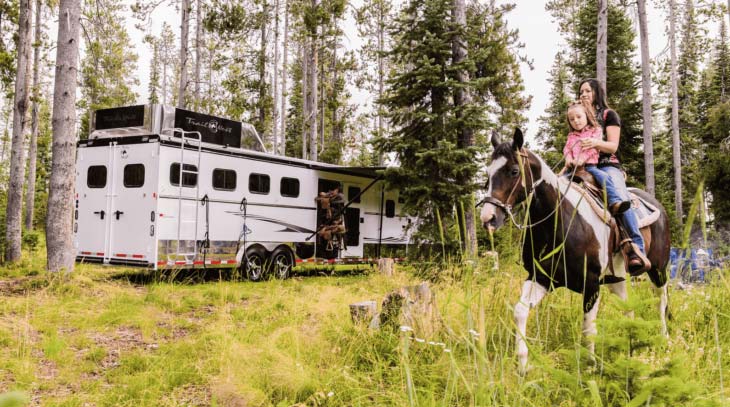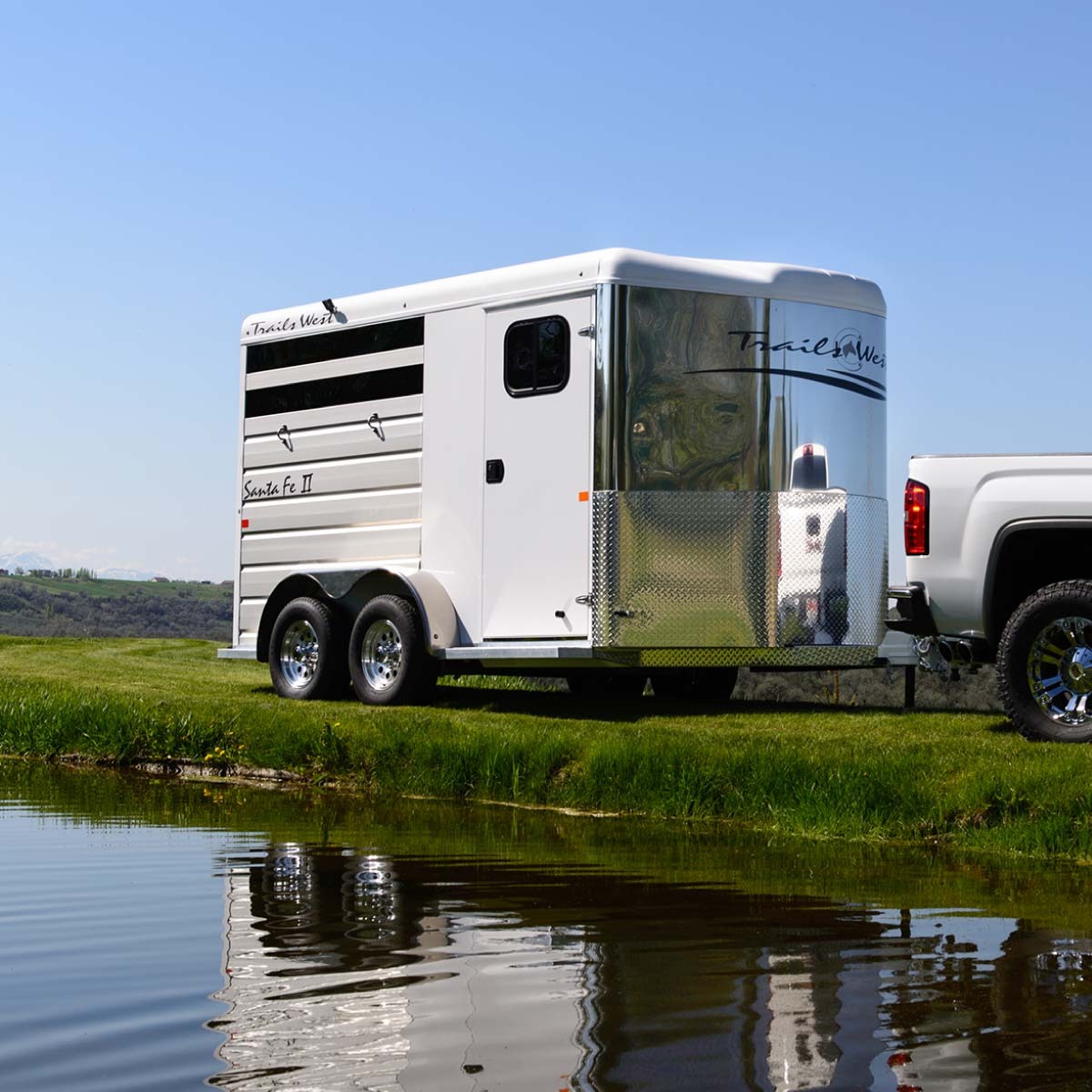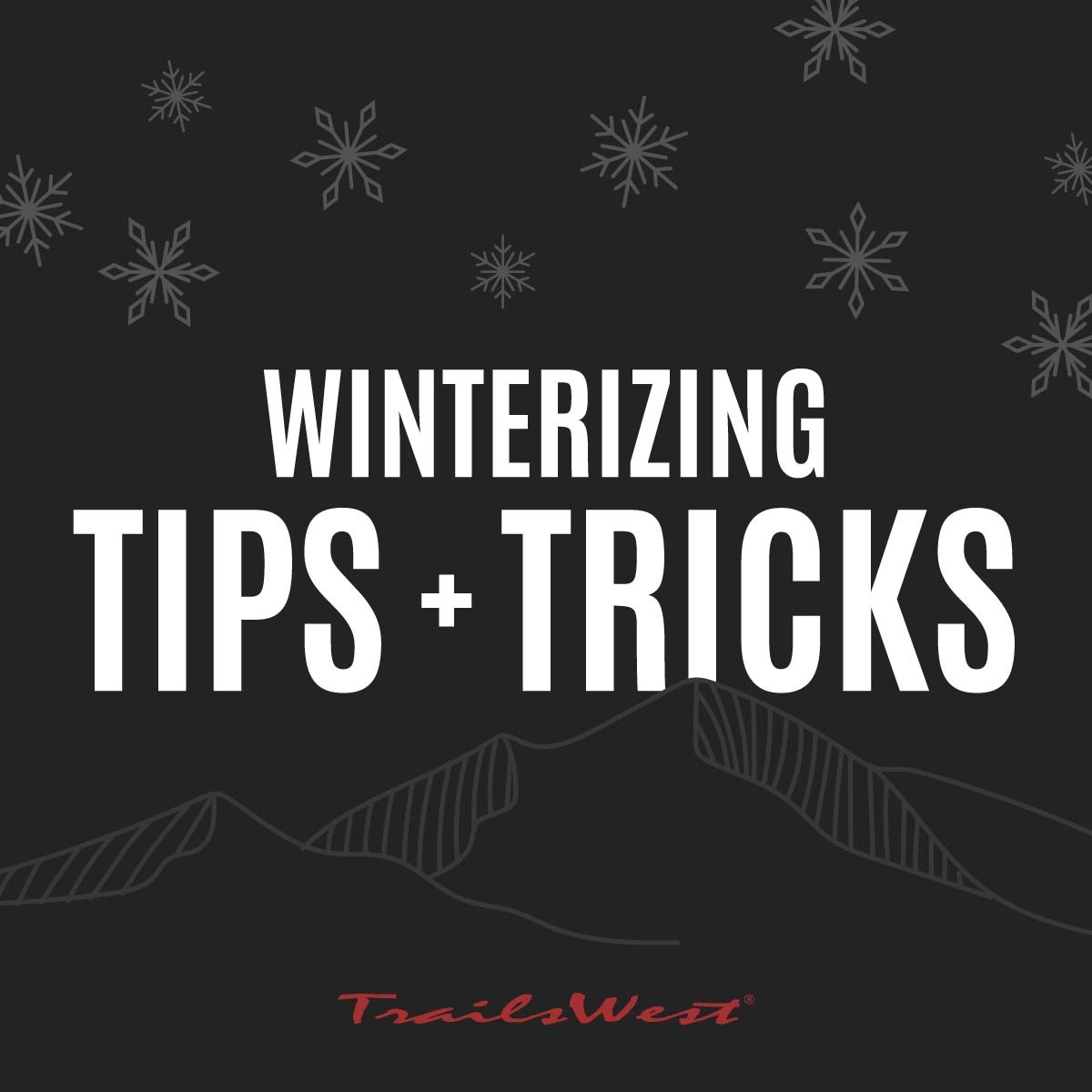Five Questions Horse Trailer Dealers Get Asked

Are you in the market for a horse trailer? It’s not a decision you can take lightly. There are so many models, styles and options to choose from, how can you be sure you will pick the right one? Beyond the economics, you have to consider what will keep your horses safe. You also need to consider how many horses you typically travel with and whether you’ll need living quarters or a traditional hauling setup.
Most importantly, you’ll need a safe trailer. No matter what it looks like on the outside or how fancy it is on the inside if it’s not safe for your animals, it’s not the trailer for you. The wrong trailer is not a good buy no matter the price. Here are some questions our dealers are frequently asked.
What’s the best construction?
When it comes to construction, you have three main options for your next trailer: all steel, all aluminum or a hybrid-construction process that combines both materials. The advantage to an all-steel trailer is it is constructed out the strongest material being used in the industry and holds up well, though it will be somewhat heavier to tow. An all aluminum trailer won’t rust but it is not as sturdy as an all-steel trailer. That leads us to the third option. A hybrid-construction process that combines both the advantages of steel and aluminum in one horse trailer.
By combining a steel frame with aluminum skin on the outer walls, you will get a trailer that is not any heavier than most all-aluminum trailers of equal strength. Your horses will benefit from the protection a steel-frame, while the aluminum exterior protects the trailer from harmful elements that can cause corrosion.
What’s the best hitch type?
You have two options to pick from for your next horse trailer. Gooseneck or and bumper pull. Each has advantages and disadvantages. If you’re hauling more than four horses, a gooseneck trailer is the better way to go. They are typically more expensive than a bumper-pull trailer and require a truck with a specific towing setup.
A bumper pull works great for towing fewer than four horses. These models are less expensive than goosenecks and can be pulled with almost any truck that meets towing capacity requirements.
What’s the best flooring?
Aluminum floor can be lighter, but requires cross members closer together which adds to the weight of the trailer. However, aluminum floors that have come in contact with urine and manure for an extended time will corrode and rot. You must watch for this carefully. Wood floors are generally made of highly dense wood such as Douglas Fir. When they are properly gapped, airflow is allowed between boards and provides great longevity to the life of the trailer. Wood also has slightly more give for your horses since cross members can be further apart.
What’s the best exterior?
You can’t lie. The look of your horse trailer is important. Aluminum sheets covered with automotive primer and polyurethane paint will produce a high-gloss, automotive-quality finish versus a trailer that’s just covered in traditional mill finished sheets with only paint and no primer. You’ll also want to make sure any graphics have a timeless feel, so your trailer won’t look dated when new trends emerge.
What’s the best loading setup?
Between straight load and slant load trailers, many horse owners find a slant load trailer is less stressful on your horse due to the fact that most horses prefer to stand diagonally. This type of trailer can also help the balance for your horse when taking turns and braking when they are standing at an angle. A straight-load trailer can give you quicker access to each of your horses and usually have extra room in them for larger warmblood type horses.
We often hear these questions and concerns from our customers. So these are the reasons we build Trails West Trailers the way we do.






